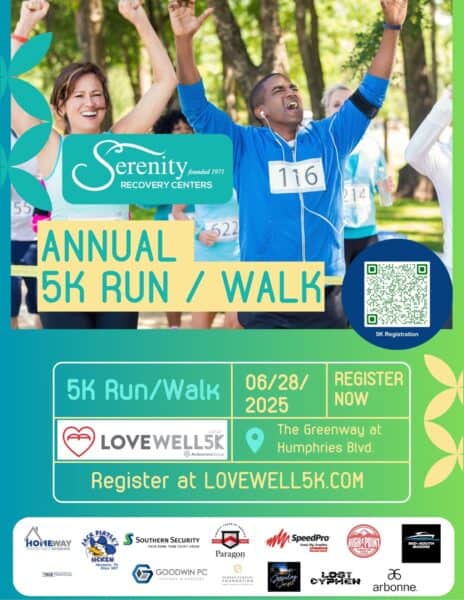The Power of Meditation in Recovery: A Path to Lasting Healing
In the journey of recovery from addiction, finding effective tools for maintaining sobriety and emotional balance is crucial. Among these tools, meditation stands out as a powerful practice that can significantly enhance the recovery process. This ancient practice, now backed by modern science, offers individuals in recovery a way to cultivate inner peace, manage triggers, and build a stronger foundation for long-term sobriety.
Understanding Meditation in the Context of Recovery
Meditation is more than just sitting quietly or trying to empty your mind. It’s a systematic practice of training your attention and awareness, leading to greater mental clarity and emotional stability. For individuals in recovery, these benefits are particularly valuable as they navigate the challenges of maintaining sobriety.
The practice encompasses various techniques, from mindfulness meditation to guided visualizations, each offering unique benefits for those in recovery. These methods can help individuals develop greater self-awareness, reduce stress, and build resilience against relapse triggers.
The Scientific Benefits of Meditation
Research has consistently shown that regular meditation practice can lead to significant positive changes in both the brain and body. For those in recovery, these benefits are particularly relevant:
- Reduced stress and anxiety levels through lower cortisol production
- Improved emotional regulation and impulse control
- Enhanced self-awareness and mindfulness
- Better sleep quality and reduced insomnia
- Strengthened immune system function
Integrating Meditation into Recovery
Starting a meditation practice doesn’t require expensive equipment or special facilities. Here are some practical ways to incorporate meditation into your recovery journey:
1. Start Small
Begin with just 5-10 minutes of daily practice. This could be simple breathing exercises or guided meditations using apps designed for beginners. As you become more comfortable, gradually increase the duration of your sessions.
2. Create a Routine
Choose a specific time each day for your practice. Many find that meditating first thing in the morning helps set a positive tone for the day and reduces the likelihood of skipping the practice.
3. Find Your Space
Designate a quiet, comfortable area for your meditation practice. This doesn’t need to be an entire room – just a corner where you can sit undisturbed for your practice time.
4. Explore Different Techniques
There are many forms of meditation, including:
- Mindfulness meditation
- Loving-kindness meditation
- Body scan meditation
- Walking meditation
- Guided visualization
Try different approaches to find what resonates best with you.
Overcoming Common Challenges
Many people new to meditation face initial challenges. It’s important to remember that these are normal parts of the learning process:
- Racing thoughts: Remember that the goal isn’t to stop thinking but to observe thoughts without judgment
- Restlessness: Start with shorter sessions and gradually build up your practice
- Difficulty maintaining focus: Use anchor points like breath or physical sensations to return your attention when it wanders
- Finding time: Schedule meditation like any other important appointment in your recovery journey
The Role of Meditation in Preventing Relapse
Meditation can be particularly effective in relapse prevention by helping individuals:
- Identify and manage triggering thoughts and emotions early
- Develop stronger coping mechanisms for stress and anxiety
- Build greater self-awareness and emotional resilience
- Create a sense of inner peace and stability
Group Meditation and Community Support
While individual practice is important, participating in group meditation sessions can provide additional benefits:
- Increased motivation and accountability
- Shared experiences and support from others in recovery
- Opportunities to learn from more experienced practitioners
- Sense of community and connection
Conclusion: Your Journey with Serenity Recovery Centers
At Serenity Recovery Centers, we understand that recovery is a holistic journey that requires various tools and techniques for success. Meditation is one of the powerful practices we incorporate into our comprehensive treatment approach. Our experienced staff can guide you in developing a meditation practice that supports your recovery goals and enhances your overall well-being.
Remember, the journey of recovery is unique for each individual, and finding the right combination of tools and support is crucial. We’re here to help you discover and maintain your path to lasting recovery, one mindful moment at a time.
